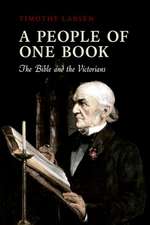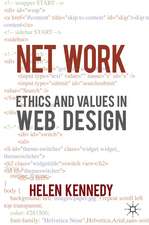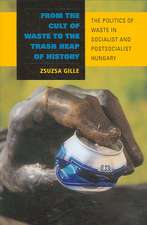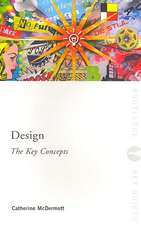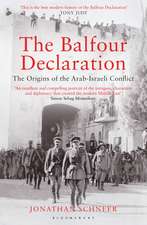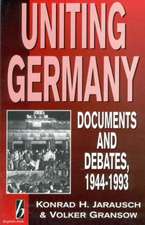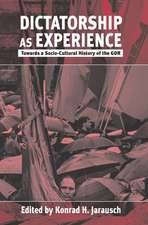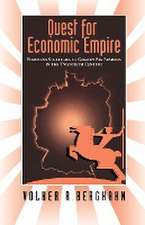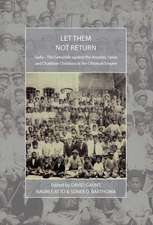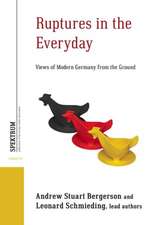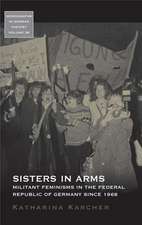Post-Communist Nostalgia
Editat de Zsuzsa Gille, Maria Todorovaen Limba Engleză Paperback – 31 mar 2012
Although the end of the Cold War was greeted with great enthusiasm by people in the East and the West, the ensuing social and especially economic changes did not always result in the hoped-for improvements in people's lives. This led to widespread disillusionment that can be observed today all across Eastern Europe. Not simply a longing for security, stability, and prosperity, this nostalgia is also a sense of loss regarding a specific form of sociability. Even some of those who opposed communism express a desire to invest their new lives with renewed meaning and dignity. Among the younger generation, it surfaces as a tentative yet growing curiosity about the recent past. In this volume scholars from multiple disciplines explore the various fascinating aspects of this nostalgic turn by analyzing the impact of generational clusters, the rural-urban divide, gender differences, and political orientation. They argue persuasively that this nostalgia should not be seen as a wish to restore the past, as it has otherwise been understood, but instead it should be recognized as part of a more complex healing process and an attempt to come to terms both with the communist era as well as the new inequalities of the post-communist era.
| Toate formatele și edițiile | Preț | Express |
|---|---|---|
| Paperback (1) | 262.70 lei 6-8 săpt. | |
| BERGHAHN BOOKS INC – 31 mar 2012 | 262.70 lei 6-8 săpt. | |
| Hardback (1) | 752.71 lei 6-8 săpt. | |
| BERGHAHN BOOKS INC – 10 iun 2010 | 752.71 lei 6-8 săpt. |
Preț: 262.70 lei
Nou
50.28€ • 52.83$ • 42.26£
Carte tipărită la comandă
Livrare economică 12-26 martie
Specificații
ISBN-10: 0857456431
Pagini: 310
Dimensiuni: 152 x 229 x 17 mm
Greutate: 0.42 kg
Editura: BERGHAHN BOOKS INC


